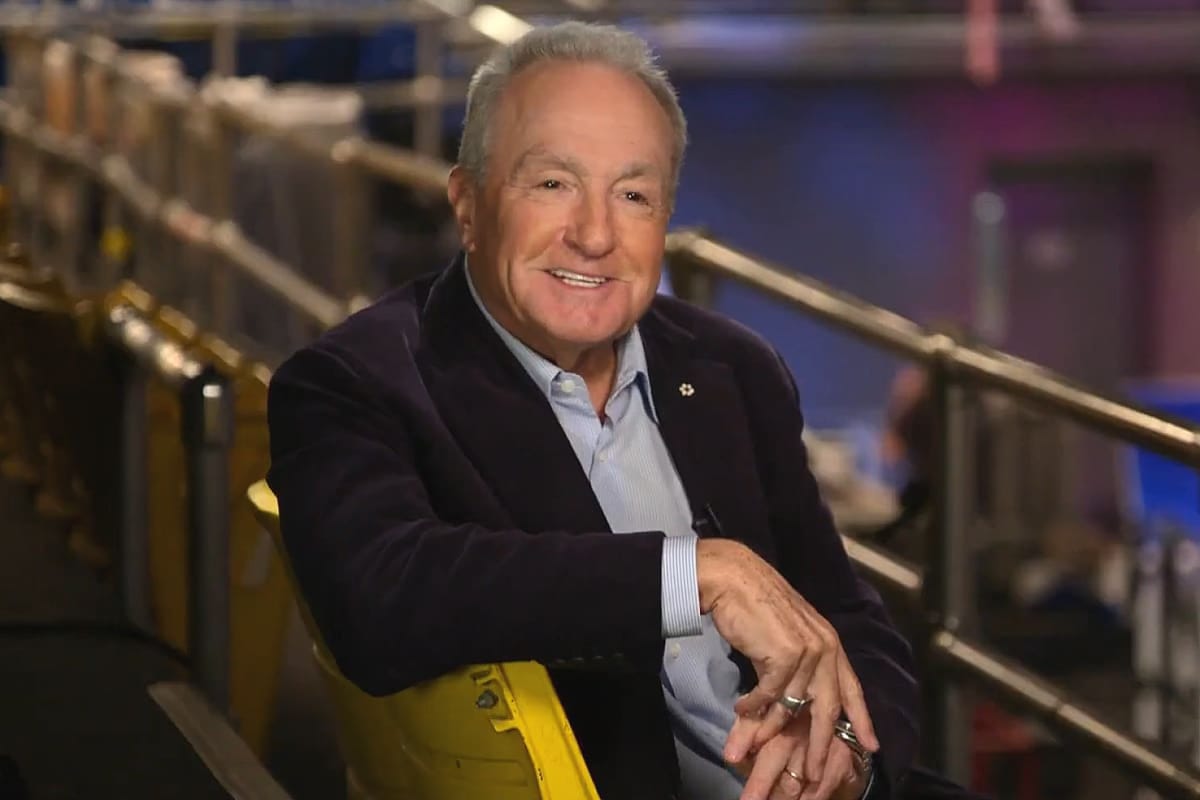The Show Goes On
Are You Ready?
On match days, people would often ask me, "are you ready?” I never felt comfortable with how I responded to that question. I felt like people wanted me to give them some sort of assurance that the team would win but I struggled to give them the expected answer. Some of my struggle was due to my knowledge of probability and chance, but that’s not worth getting into here. Probably the larger source of my discomfort came from a coach’s feelings around the word “ready”. I didn’t feel ready, I felt like I had run out of time.
I recently read a quotation from Lorne Michaels, famed producer of Saturday Night Live, that nicely sums up how I feel about those “are you ready” questions.
The show doesn't go on because it's ready; it goes on because it's 11:30.
Saturday Night Live actors are widely viewed as being the best in the sketch comedy business. If they can’t be ready, who can? What about all those pro football coaches who brag about sleeping in their offices and grinding? They aren’t as ready as they want to be either, despite all the time they have spent. If these groups can’t do all the preparing they want to do, who can? Certainly not me.
I have very rarely felt as ready as I’d like to going into competition. There have always been things I would have liked to have done if only I had more time. But what I’ve come to understand about coaching is the answer isn’t to get more time or to be more efficient with the time I have. The match will start on time, no matter how much you might want to plead for more time. The answer is to be more accepting.
But what you’re accepting isn’t actually the readiness of the team. You’re accepting your limits. If you know you’re not going to feel ready at the beginning of your next competition no matter what you do, then you should get busy accepting you’re going to feel that way. Spending less time wishing you had more time is a small start. But the real work in acceptance doesn’t stop at dealing with those kinds of feelings.
You may think you also need to accept the team being less than. But Lorne Michaels and the SNL cast show you that being accepting doesn’t mean lowering standards or expectations. Michaels is well-known as a demanding boss so how can he be accepting of the readiness of the show? He can accept the show not being ready because the actors have the flexibility to deal with situations in which they’re not as ready as they’d like to be. Michaels’ acceptance is a product of that flexibility.
In previous writings, I have mentioned the Zen teaching, “Everything breaks. Attachment is our unwillingness to face that reality.” I think coaches’ efforts to feel completely ready when competition begins is a demonstration of attachment. To extend the foray into things related to Asian cultures, I think of acceptance and flexibility as kintsugi.
In kintsugi, work begins at the point when things break. The craftsperson accepts that the pottery is no longer what it is supposed to be. They cannot prepare for how it actually breaks, only for the fact that it is broken. That is acceptance.
The craftsperson demonstrates flexibility by applying their skills to whatever opportunities the broken pottery provides. There may be many small pieces, several large ones, or anything in between. There may be gaps that need filling and other chances for artistic flourishes. Whatever happens, the preparation can’t extend beyond the moment when things fall apart. But the craftsperson trusts in the their ability to create something out of the disorder. That is flexibility.
Flexibility doesn’t buy you more time, it buys you more space. When you and the players in your care are more flexible, you gain space between what competition is supposed to look like and what it actually is. When you and the players are able to honestly recognize that space, you can explore what is possible in the moment that maybe hadn’t seemed interesting in preparation.
If you’re not caught up in what you’re supposed to be doing, you can better respond to what’s happening. Flexibility means your solutions don’t have to be planned out in advance. You’re not constantly comparing what just happened to what was supposed to happen. Being flexible means seeing what is and finding things that make sense in the moment.
If someone today asked me before a competition if I was ready, I would say yes. But I don’t think I’m ready in the same way as I expected myself to be years ago. Now, I can accept that I have prepared as well as I could, I can accept that things will break, and I believe in my flexibility to move forward when they do. And then the show goes on.



